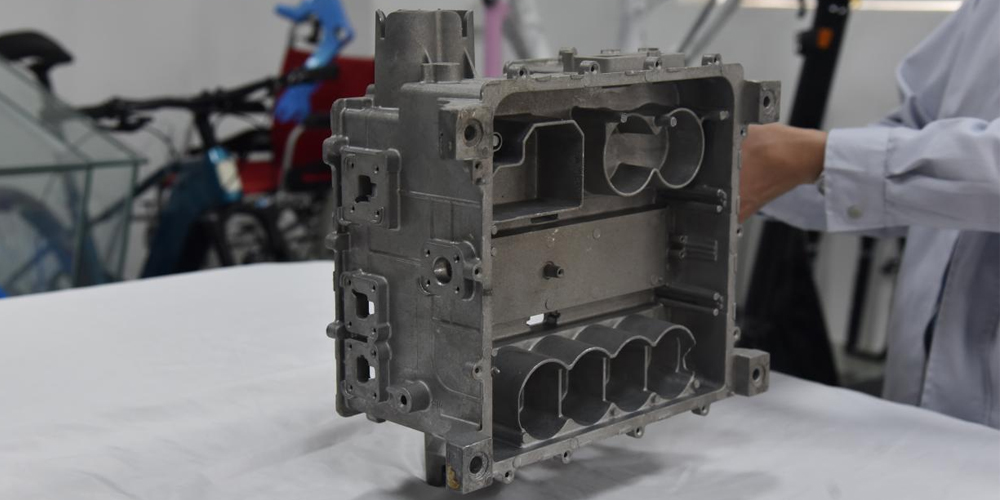Aluminum and cast aluminum are two materials that are commonly used in a wide range of applications. While they share many similarities, there are also some important differences between the two. In this article, we will explore the differences between aluminum and cast aluminum.
First, let\’s start with some background information on these materials. Aluminum is a metal that is widely used in various industries due to its excellent properties, such as its high strength-to-weight ratio, corrosion resistance, and thermal conductivity. It is also a highly malleable material, meaning it can be easily shaped and molded into different forms.
Cast aluminum, on the other hand, is a metal that is created by pouring molten aluminum into a mold. The mold is then allowed to cool and solidify, resulting in a finished piece of cast aluminum. This process is commonly used in manufacturing to create complex shapes and structures that would be difficult or impossible to make with traditional machining methods.
Now, let\’s take a look at some of the key differences between aluminum and cast aluminum.
1. Manufacturing process
The most obvious difference between the two materials is the manufacturing process. Aluminum is typically formed through processes such as extrusion, rolling, and forging. These processes involve shaping the metal through mechanical force, rather than pouring it into a mold.
Cast aluminum, as mentioned earlier, is created through a casting process where molten aluminum is poured into a mold. This allows for the creation of more complex shapes and structures, but it also means that cast aluminum is typically less uniform and more prone to defects than aluminum.
2. Mechanical properties
While both aluminum and cast aluminum are strong and lightweight materials, there are some differences in their mechanical properties. Cast aluminum is often less dense than pure aluminum, meaning it may be slightly weaker and less durable. However, it is also more resistant to wear and tear, making it a popular choice for parts that are subject to high stress or friction.
Aluminum, on the other hand, is often stronger and more durable than cast aluminum. It also has better thermal conductivity, meaning it can more effectively dissipate heat. This makes it a popular choice for applications such as heat sinks and other cooling components.

3. Cost
Another factor to consider when choosing between aluminum and cast aluminum is the cost. Generally speaking, cast aluminum is more expensive than pure aluminum due to the additional manufacturing processes involved. However, the cost difference may be worth it for certain applications where the unique properties of cast aluminum are required.
4. Appearance
Finally, there is a difference in appearance between aluminum and cast aluminum. Pure aluminum has a shiny and reflective surface that is often used in decorative applications. Cast aluminum, on the other hand, has a duller and more matte appearance that may be less attractive to some users.
In conclusion, while aluminum and cast aluminum share many similarities, there are also some important differences between the two. When choosing between these materials, it is important to consider factors such as manufacturing process, mechanical properties, cost, and appearance to determine which is best suited for your specific application.
-

- Thixomolding parts & components cell phone middle board processed
-

- OEM ζάντες από κράμα μαγνησίου χύτευσης υψηλής πίεσης για e-bike
-

- Μεταλλικά φρένα Thixomolding με χύτευση από κράμα μαγγενίου
-

- Παιδικό ποδήλατο από κράμα αλουμινίου μαγνησίου 3-8 ετών Φτηνές εκπτώσεις Παιδικό ποδήλατο 14 ιντσών FOREVER Χονδρικό 2022
-

- Πλαίσιο οθόνης LED από κράμα μαγνησίου
-

- Magnesium alloy die-casting auto parts center control cover

 0086-750-5616188
0086-750-5616188 +86 13392089688
+86 13392089688 sales@zhongmei-tech.com
sales@zhongmei-tech.com







